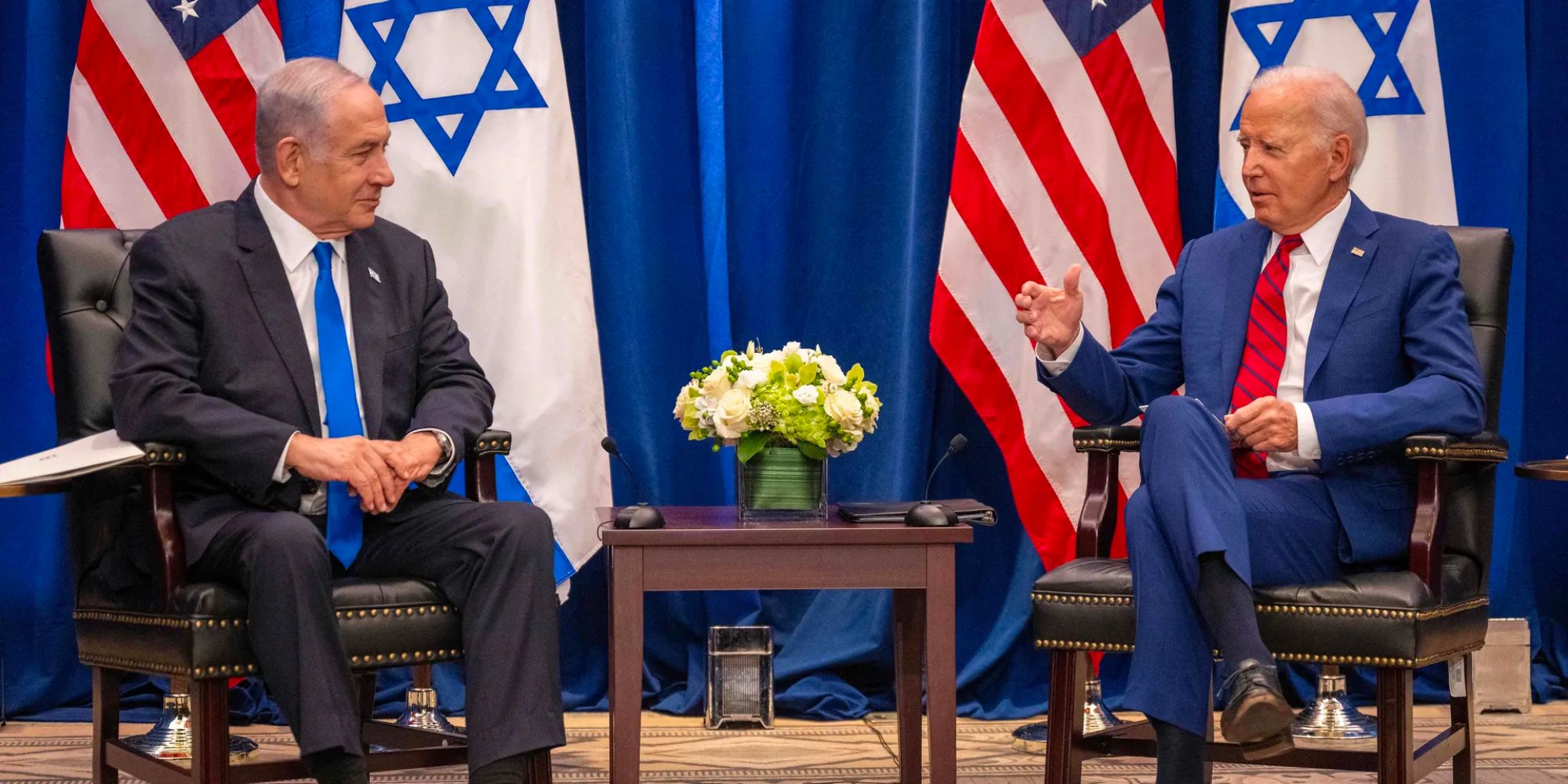This week, 32 national soccer teams and more than 50,000 fans will travel to Qatar for the months-long World Cup tournament, which is arguably one of the largest sporting events in the world. Qatar, the small Gulf nation hosting the event, has never held an event of this magnitude and anyone planning to attend the World Cup must consider a range of security risks.
Concentric’s Director of Protective Operations, Mike Bachich, expressed concerns over Qatar’s ability to support the presence of large numbers of security entities and how it will impact communication, collaboration, and the overall quality of security during the tournament, especially in emergency situations. All matches will be held in Doha which raises concerns over the concentration of fans in a confined space and a lack of personnel to accommodate the large influx of attendees. Qatar is drafting all males into the army to help with securing the event, but for many this is the first time they are serving in the country’s army and have no experience controlling large crowds. NATO, Interpol, France, the U.S., the U.K., and Turkey will also help with security, but there are concerns with coordination amongst these various countries and agencies. Fans could also face long wait times for medical attention, or for possible evacuation.
- According to a Reuters report, in September 2022, during a large-scale football match at Qatar’s Lusail Stadium, spectators experienced a lack of water, long lines to exit, poor cooling, and the inability for medical personnel and ambulances to access the stadium. The report also noted a 2.5 kilometer line to access the Doha Metro.
Know Before You Go:
Concentric advises World Cup travelers to become familiar with Qatar’s laws and regulations which may differ significantly from their native laws. Qatar is governed by conservative religious laws and travelers must be cognizant of implications.
- Women and LGBTQ Communties:
- LGBTQ+ persons should be aware homosexuality is criminalized in Qatar although Qatari authorities have said all are welcome to attend the event.
- Many public areas in Qatar have dress codes requiring men and women to cover their shoulders, chests, stomachs, and knees.
- Sexual intercourse outside of marriage is illegal in Qatar and pregnant women must present a marriage certificate to receive prenatal care at medical facilities in the country.
- Alcohol Consumption:
- In a last minute reversal, World Cup organizers on Friday, November 18 banned the sale of alcohol around stadiums in Qatar. Fans will be able to purchase alcohol in corporate areas of stadiums, according to media reports and beer is supposed to be available at the Fan Festival, but only after 7pm.
- Public intoxication is against local laws and typically met with fines and jail time.
The head of Qatar’s security operations stated laws will be eased during the tournament but will be enforced by police if violations lead to fights or damage to property. Travelers engaging in activities such as protests, advocacy of atheism, and speech critical of the Qatari government or Islam, can face criminal charges.
Anyone visiting Qatar during the World Cup is required to obtain match tickets through the World Cup’s official ticketing portal and apply for a Hayya Card (digital pass) which will serve as identification to enter the country and access stadiums. Travelers should also confirm their medications, whether over-the-counter or prescribed, are legal in Qatar. This includes medications such as stimulants and strong pain relievers.
While You are There:
Concentric recommends travelers maintain awareness of the following security concerns while attending the World Cup:
- Protests and Civil Unrest: Concentric recommends avoiding protest activity as peaceful demonstrations can rapidly turn violent. Media and activists continue to highlight controversy concerning the treatment of migrant workers during the massive infrastructure developments leading up to the Cup. Protests surrounding migrant workers’ rights occurred in August 2022 and might reemerge during tournament dates. Travelers should also be aware of potential protests related to the death of Mahsa Amini, a 22-year-old woman arrested by morality police in Iran. Considering Qatar’s geographic proximity to Iran and Iranian national team’s participation in the tournament, protests may emerge especially surrounding stadiums hosting Iran soccer matches.
- Cyber Risks: Concentric recommends travelers use secure servers or secure personal hotspots instead of public Wi-Fi connections. Cybercrimes such as phishing will likely increase leading up to and during the World Cup. The use of VPNs is not recommended as Qatari authorities deem them a means to view banned or illegal websites. Travelers should avoid clicking on suspicious links and only download official event-related apps from trusted and familiar sites. Consult your IT department to back up your data and implement encryption, two-factor authentication, and the ability to wipe all your devices remotely.
- Terrorism: Travelers should be aware of their surroundings at all times. Although extremists do not often target Qatar, the World Cup may increase the threat due to the large congregation of Western and high-profile visitors. The last major attack occurred in 2005 and any attack will likely target Western institutions or individuals.
- Evaculations: Travelers should be prepared for potential evacuation if an emergency situation arises. Due to the lack of parking, limited access to the airport, and likely traffic chokepoints, Concentric assesses water evacuation is the most feasible in case of an emergency because of the number of marinas and the ability to reach yachts using a small watercraft. Concentric recommends security teams ensure individuals stay in areas which have easy access to major land, air, or maritime routes. There might be major bottlenecks in case of emergencies at stadiums and visitors should have evacuation routes in mind.
Please reach out if we can help manage risk to keep your team safe at an upcoming event.
Author: Shahin Nabidavoodi, Dark Web Analyst, Global Intelligence
Author: Paul Gadalla, Intelligence Associate, Global Intelligence






